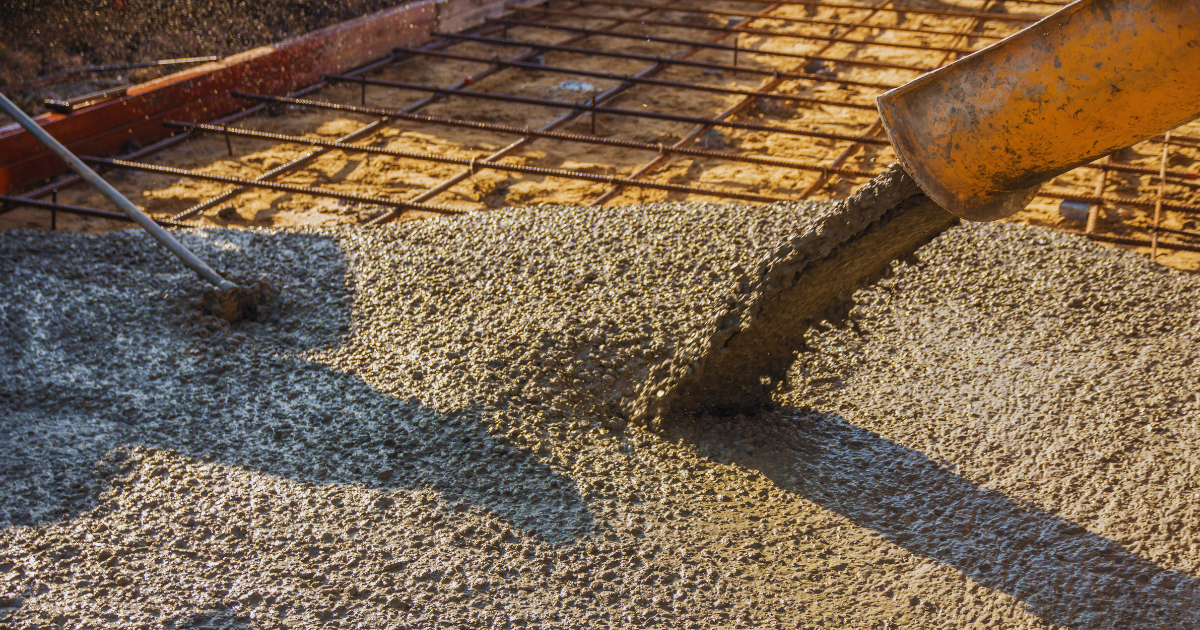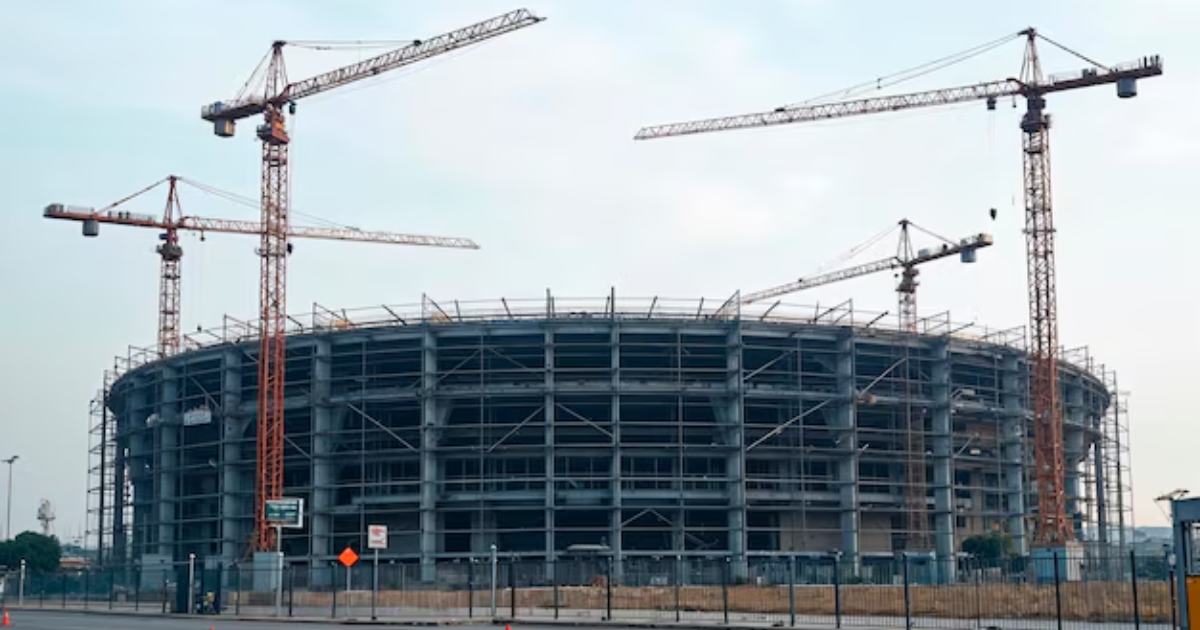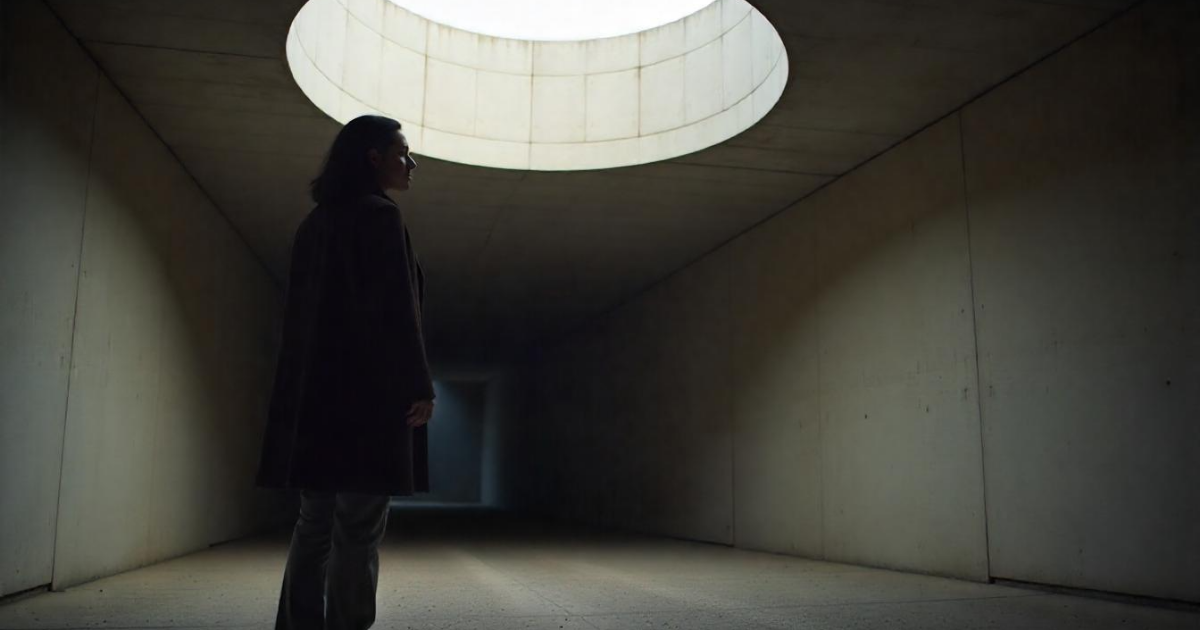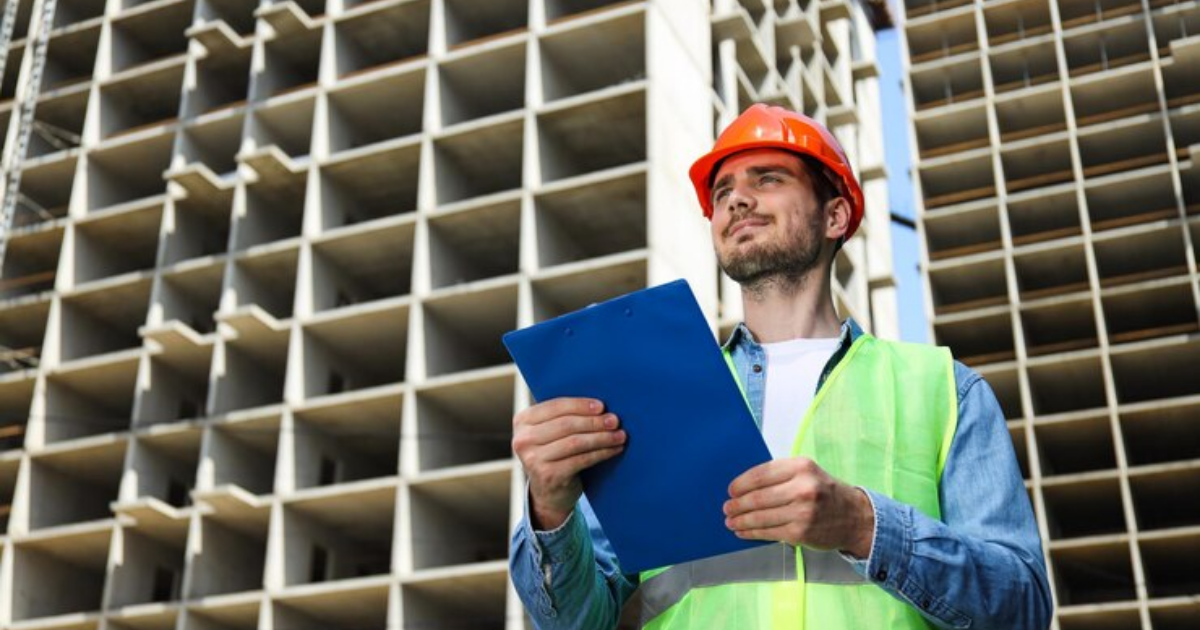The construction industry has long been a cornerstone of human progress, and advancements in technology continue to revolutionize it. Among these innovations, Artificial Intelligence (AI) and Machine Learning (ML) are emerging as transformative tools, particularly in the production and application of Ready-Mix Concrete. As the demand for faster, more sustainable, and cost-effective construction grows, these technologies promise to enhance efficiency, reduce waste, and optimize production processes.
This blog explores how AI and ML are reshaping the future of Ready-Mix Concrete production, addressing industry challenges and opening new avenues for innovation.
Understanding Ready-Mix Concrete
Ready-Mix Concrete is a tailor-made mixture of cement, water, aggregates, and additives, prepared in a central batching plant and delivered to construction sites. Its popularity stems from its consistency, reduced labor requirements, and adaptability to project-specific needs. However, producing high-quality Ready-Mix Concrete involves numerous challenges, such as maintaining consistency, minimizing waste, and meeting environmental standards.
Challenges in Traditional Ready-Mix Concrete Production
- Inconsistent Quality: Variations in raw materials, weather conditions, and human errors can affect the quality of the mix.
- Inefficient Resource Utilization: Overuse or underuse of materials can lead to increased costs and waste.
- Environmental Concerns: The production of cement, a key component of Ready-Mix Concrete, is energy-intensive and a significant source of CO₂ emissions.
- Logistical Issues: Ensuring timely delivery of fresh concrete to construction sites, especially in urban areas, can be challenging.
These challenges underscore the need for innovative solutions to optimize processes and improve outcomes.
The Role of AI and Machine Learning in Ready-Mix Concrete Production
AI and ML technologies analyze large volumes of data to identify patterns, predict outcomes, and make data-driven decisions. Their application in Ready-Mix Concrete production offers several benefits:
1. Optimizing Mix Design
AI algorithms can analyze material properties, environmental conditions, and performance requirements to determine the ideal mix design for a specific project.
- Benefits:
- Enhanced durability and strength.
- Reduced material wastage.
- Cost savings by minimizing the use of expensive additives.
2. Predictive Maintenance
ML models can monitor machinery and equipment used in concrete batching plants to predict potential failures before they occur.
- Benefits:
- Reduced downtime.
- Lower maintenance costs.
- Increased equipment lifespan.
3. Quality Control
AI-powered systems can monitor the production process in real-time, ensuring consistent quality.
- Techniques Used:
- Sensors for monitoring water-to-cement ratios, aggregate sizes, and mixing times.
- Vision-based systems to detect anomalies in the mix.
4. Sustainable Production
AI models can optimize resource utilization and energy consumption during production.
- Examples:
- Reducing excess cement usage without compromising strength.
- Incorporating alternative materials like fly ash or slag to lower the carbon footprint.
5. Enhanced Logistics and Delivery
AI systems can optimize delivery routes, schedules, and vehicle loads to ensure timely and efficient transportation of Ready-Mix Concrete.
- Benefits:
- Minimized fuel consumption.
- Reduced delays at construction sites.
- Enhanced customer satisfaction.
Real-World Applications of AI and ML in Ready-Mix Concrete
Case Study 1: Predictive Analytics for Consistent Quality
A global construction company integrated AI into its Ready-Mix Concrete plants to monitor real-time data from sensors installed in mixers. The system predicted variations in the mix and adjusted ingredient proportions automatically, achieving consistent quality across all batches.
Case Study 2: AI-Driven Route Optimization
A Ready-Mix Concrete supplier used AI to optimize delivery schedules and routes in a congested metropolitan area. By analyzing traffic patterns and construction site requirements, the company reduced delivery times by 20% and fuel costs by 15%.
Case Study 3: Sustainable Concrete Production
An innovative startup developed an AI model to incorporate recycled aggregates and industrial by-products into Ready-Mix Concrete. The system ensured optimal mix designs, reducing the carbon footprint by 30% while maintaining performance standards.
Future Trends in AI and Machine Learning for Ready-Mix Concrete
1. Autonomous Concrete Plants
AI could enable fully automated batching plants where every step, from material loading to mixing and quality control, is handled by intelligent systems.
- Impact:
- Higher efficiency.
- Fewer human errors.
- Faster production cycles.
2. Smart Concrete Monitoring
Embedded sensors in Ready-Mix Concrete structures can provide real-time data on strength, temperature, and moisture levels. This information can feed into AI systems for continuous performance optimization.
3. Carbon-Neutral Concrete
AI can play a pivotal role in developing carbon-neutral Ready-Mix Concrete by optimizing the use of alternative materials and improving energy efficiency in production processes.
4. Integration with Construction Robotics
AI and ML can facilitate seamless integration of Ready-Mix Concrete production with robotic construction systems, enabling faster and more precise building processes.
Challenges in Adopting AI and ML
Despite their potential, implementing AI and ML in Ready-Mix Concrete production is not without challenges:
- High Initial Costs: The installation of sensors, data collection systems, and AI platforms can be expensive.
- Skill Gaps: The industry requires skilled personnel to develop, operate, and maintain AI systems.
- Data Limitations: Reliable AI models depend on large datasets, which may not always be available in traditional setups.
- Resistance to Change: Some industry stakeholders may be hesitant to adopt new technologies due to unfamiliarity or fear of disruption.
Conclusion
AI and Machine Learning are no longer futuristic concepts; they are rapidly becoming integral to industries worldwide. In Ready-Mix Concrete production, these technologies offer unparalleled opportunities to enhance efficiency, reduce waste, and meet the demands of modern construction.
By embracing AI and ML, the industry can overcome long-standing challenges, pave the way for sustainable practices, and prepare for a future where innovation drives progress. As we look ahead, it’s clear that the synergy between advanced technology and traditional construction will shape the built environment of tomorrow.







